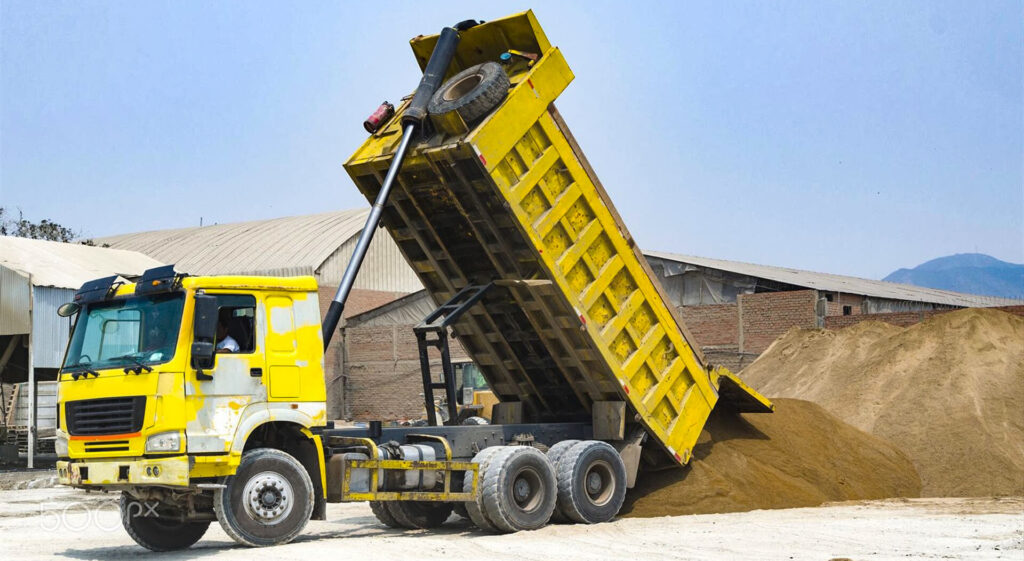Successful project management in construction and landscaping goes beyond blueprints and deadlines it requires meticulous attention to the foundational elements, particularly soil management. Engaging a professional dirt broker can be the keystone to ensuring your project’s success. From sourcing high-quality soil to managing logistics and compliance, a dirt broker’s expertise is indispensable.
The Role of a Dirt Broker
A dirt broker acts as a mediator between construction companies, landscapers, and suppliers. Their primary role is to source, test, and deliver soil that meets specific project requirements. They have an in-depth understanding of soil types, quality, and suitability for various projects, ensuring that the soil used will support the intended structure and landscaping.
Soil Quality and Suitability
One of the critical aspects of soil management is ensuring the quality and suitability of the soil for the specific project. Different projects require different soil types. For instance, residential landscaping might need nutrient-rich topsoil, while large-scale commercial developments might require compacted fill dirt for foundational stability. A dirt broker assesses the project’s needs and sources the appropriate soil type, preventing future issues such as poor plant growth, erosion, or structural instability and Get A Free Estimate.

Compliance and Environmental Considerations
Environmental regulations concerning soil use and disposal can be complex. Dirt brokers stay abreast of these regulations, ensuring that all soil handling processes comply with local, state, and federal laws. This is crucial in avoiding legal pitfalls that could delay projects and incur hefty fines. Moreover, they ensure that soil is sourced and disposed of sustainably, reducing the environmental impact.
Logistics and Cost Efficiency
Managing the logistics of soil delivery and disposal can be challenging. A dirt broker coordinates these logistics efficiently, arranging for the transportation of soil to and from the project site. This includes managing the delivery schedule to align with project timelines, which minimizes downtime and keeps the project on track. Furthermore, their established relationships with suppliers often allow them to negotiate better rates, leading to cost savings that can be significant over the course of a large project.
Risk Management
Soil quality can significantly impact the structural integrity of buildings and landscapes. Poor soil management can lead to issues such as subsidence, erosion, and poor drainage, which can compromise the safety and longevity of a project. By utilizing a dirt broker, you mitigate these risks. They conduct thorough soil testing and analysis, identifying potential issues before they become problematic. This proactive approach ensures that the soil used will provide a stable and secure foundation for your project.
Expertise and Professional Advice
Dirt brokers bring a wealth of knowledge and experience to the table. They offer professional advice on soil-related matters, helping project managers make informed decisions. Whether it is choosing the right type of soil, understanding soil amendments, or managing soil compaction, their expertise can guide you through complex soil management processes.
Enhancing Project Success
Ultimately, the role of a dirt broker is to enhance the success of your project. Their comprehensive services from soil sourcing and testing to logistics and compliance ensure that you have the right soil, in the right place, at the right time. This meticulous attention to soil management translates into a smoother construction process, fewer delays, and a higher quality end result.